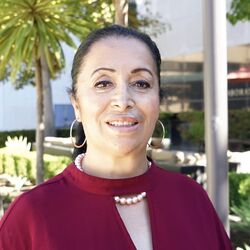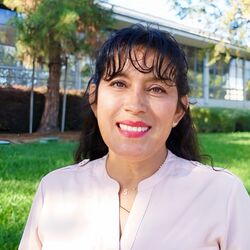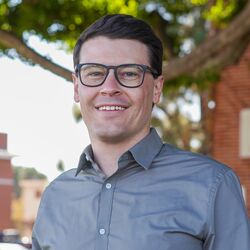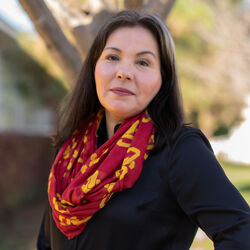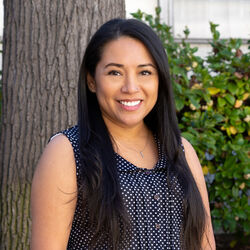The Community Engagement (CE) program bridges researchers and local communities, building sustainable partnerships to ensure that research initiatives meet real community needs.
This report details the accomplishments of the Community Engagement (CE) team at the Southern California Clinical and Translational Science Institute (SC CTSI) in 2024. It highlights CE's commitment to improving public health through a range of initiatives. These efforts encompass community outreach and education programs, opportunities to enhance the skills of community health workers, building collaborative partnerships, and contributing to a range of research activities.
2024 Activities Map:
The map below marks the locations of workshops, trainings, and other community activities that the CE team either coordinated or attended in 2024.
Learn more about the Community Engagement team:
- Nicole Wolfe, Co-Director
- Adriana Argaiz, Associate Director for the Southern California Center for Latino Health at CHLA
- Mayra Rubio-Diaz, Special Project Manager
- Brian Do-Golden, Research and Evaluation Analyst
- Adriana Argaiz, Associate Director for the Southern California Center for Chronic Disease Research and Prevention
- Alma Garcia, Community Outreach Coordinator
- Sara Calderon, Community Outreach Coordinator
- Natayla Seals, Community Outreach Coordinator
- Rosalba Cain, Community Outreach Coordinator
Subscribe Now for Community Engagement Updates and Events
¡Suscríbase ahora para actualizaciones y eventos de participación comunitaria!
Community Newsletters
Current Health Research Studies
Oportunidades para participar en estudios de investigación en salud
Follow Community Engagement on Instagram!
Director
Team Members
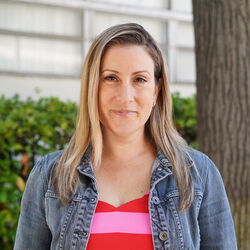 Adriana Argaiz, MSSP
Associate Director, Southern California Center for Chronic Disease Research and Prevention
Details about Adriana Argaiz, MSSP
Adriana Argaiz, MSSP
Associate Director, Southern California Center for Chronic Disease Research and Prevention
Details about Adriana Argaiz, MSSP

